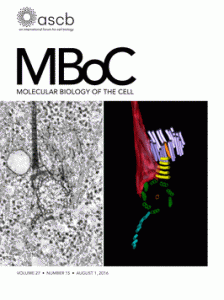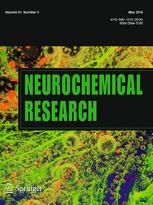 PLOS ONE has retracted three papers after the first author admitted to submitting the manuscripts without co-authors’ consent, and an investigation suggested that two out of the three papers had received faked reviews.
PLOS ONE has retracted three papers after the first author admitted to submitting the manuscripts without co-authors’ consent, and an investigation suggested that two out of the three papers had received faked reviews.
Last August, the same author — Lishan Wang of the Shanghai Jiao Tong University — lost two more papers (one in Tumor Biology and the other in Gene), also after the peer review process was found to be compromised. All five papers — which share other authors in common — were originally published in 2013, and four list Wang as the first author. The retractions follow an investigation by Shanghai Jiao Tong University.
Here’s the retraction notice for two of the PLOS ONE papers, issued on July 26: Continue reading Author loses five papers, most for “compromised” peer review



 With so many
With so many 


